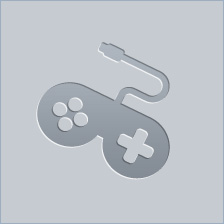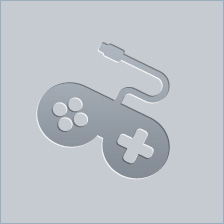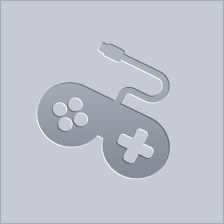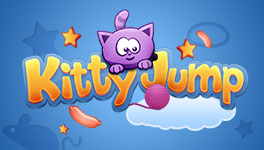Knotwords review

Zach Gage has made some of the best word games you can play on your phone, and what I'll confidently say is the absolute best logic puzzler you can find anywhere in Good Sudoku. Considering this, and perhaps the cultural phenomenon around the daily web challenge that is Wordle, it makes a lot of sense for Gage's latest work to combine wordplay with some placement mechanics in a way that feels like an evolution of the crossword puzzle into a form that honors logic over knowledge.


Letter logic
Knotwords is a puzzle game with challenges that look awfully similar to crossword puzzles. A grid of intersecting blank boxes greets you at the start of every level, and it's your goal to fill every one of them in with a letter so that every string of two or more letters makes a valid word, both when reading across and down.
Unlike crosswords, though, Knotwords gives you the letters you need for every box. Chunks of blank boxes are subdivided all over the puzzle board, and in the top left corner of those clusters is every letter you can use for those boxes. Depending on how these sections of boxes are divided, these letters could contribute to a single word, or multiple ones in various directions, and you won't know fully if you've used them correctly until you've played valid words in every direction in the puzzle, which is how you complete each challenge.
Good guessing
Completing Knotwords puzzles definitely involves a little bit of experimentation, but it is far from a pure guessing game or trial-and-error ordeal. The monthly puzzlebooks include clues about the word types you'll be solving for, there's a built-in hint system that can offer crossword-like definition prompts for individual words across or down, and by default the game gives very clear feedback by scribbling out words that are not valid and highlighting letters you use in clusters too many times.
Even without any of these things (many of which you can turn off), the ways in which Knotwords subdivides its letter clusters and lays out its levels makes any error in word creation or letter arrangement something that is easy to identify within a small area of the level, which allows you to work on correcting mistakes without feeling lost or like you should just start the entire challenge over again from scratch.


Fun for a spell
In case the term "monthly puzzlebook" threw you for a loop in the previous section, let me finally explain Knotwords's structure. This is a game that is designed to be a daily exercise as opposed to being something completable. As a result, Knotwords features a variety of modes, though they are all meant to be followed and played over time. The monthly puzzlebooks are just that--a set of puzzles for the month that you can complete at your own pace, but change out every month. There are also two different daily challenges, one of which is a normal Knotwords puzzle and the other is a "Twist" mode that tells you how many vowels you can use in each row or column to complete the puzzle.
Knotwords is a free game, but to unlock features like the Twist mode, additional puzzlebook challenges, a higher hint capacity, stat tracking, and additional color schemes, you can opt to pay $11.99 once or subscribe to the game for $4.99 per year. The game itself is perfectly enjoyable and offers exactly what it advertises without paying anything, so the purchase options feel more like ways to dive deeper into the experience rather than a way to make the game playable as intended.
The bottom line
For my money, I might sooner recommend some of Gage's other games ahead of Knotwords, but that's less a knock on this game as it is a testament to this developer's excellent body of work. The nice thing here is you don't have to actually spend anything to enjoy Knotwords at its core, so make sure to pick it up and give it a try.


















